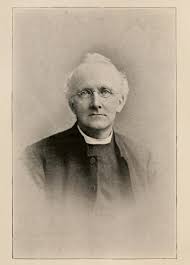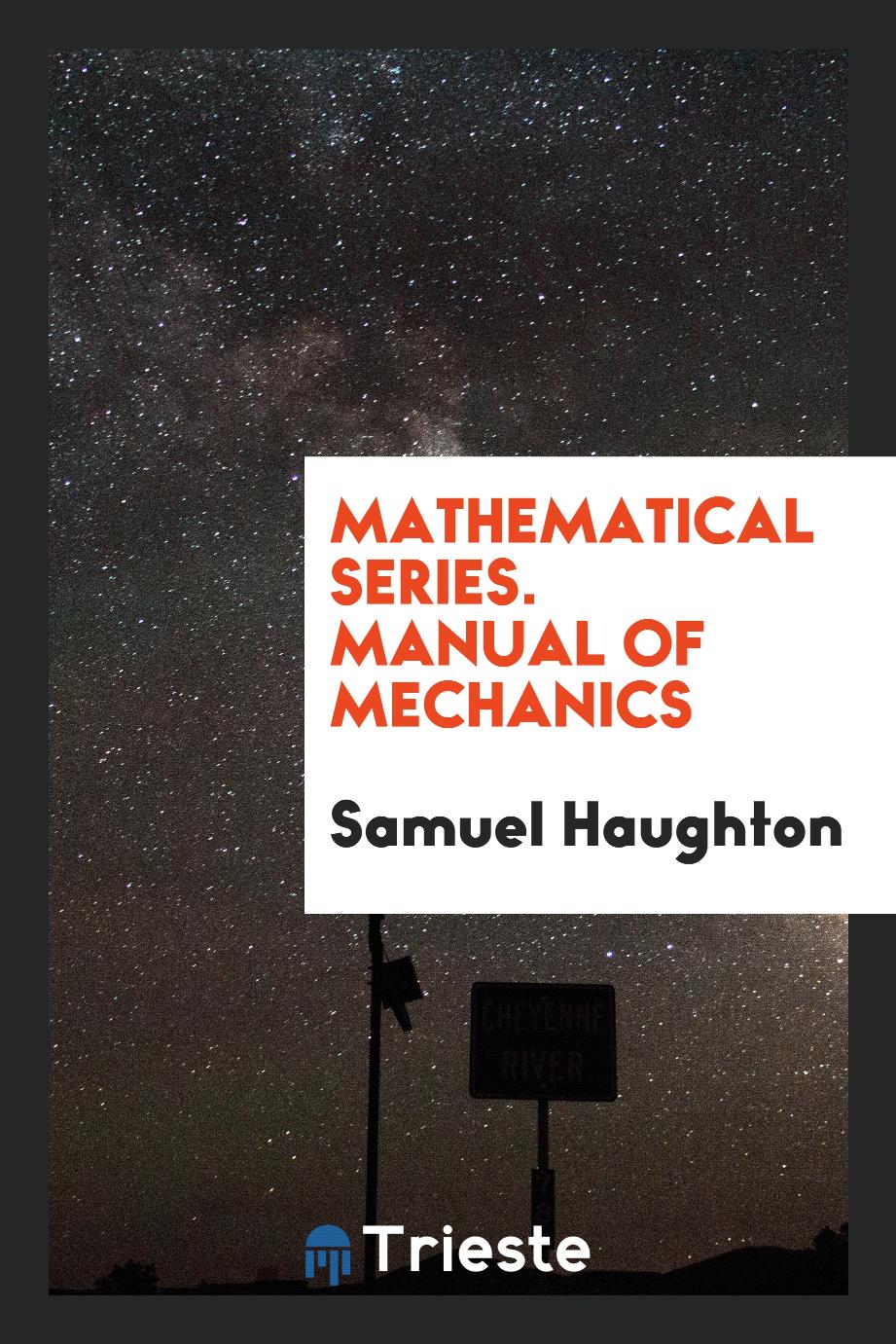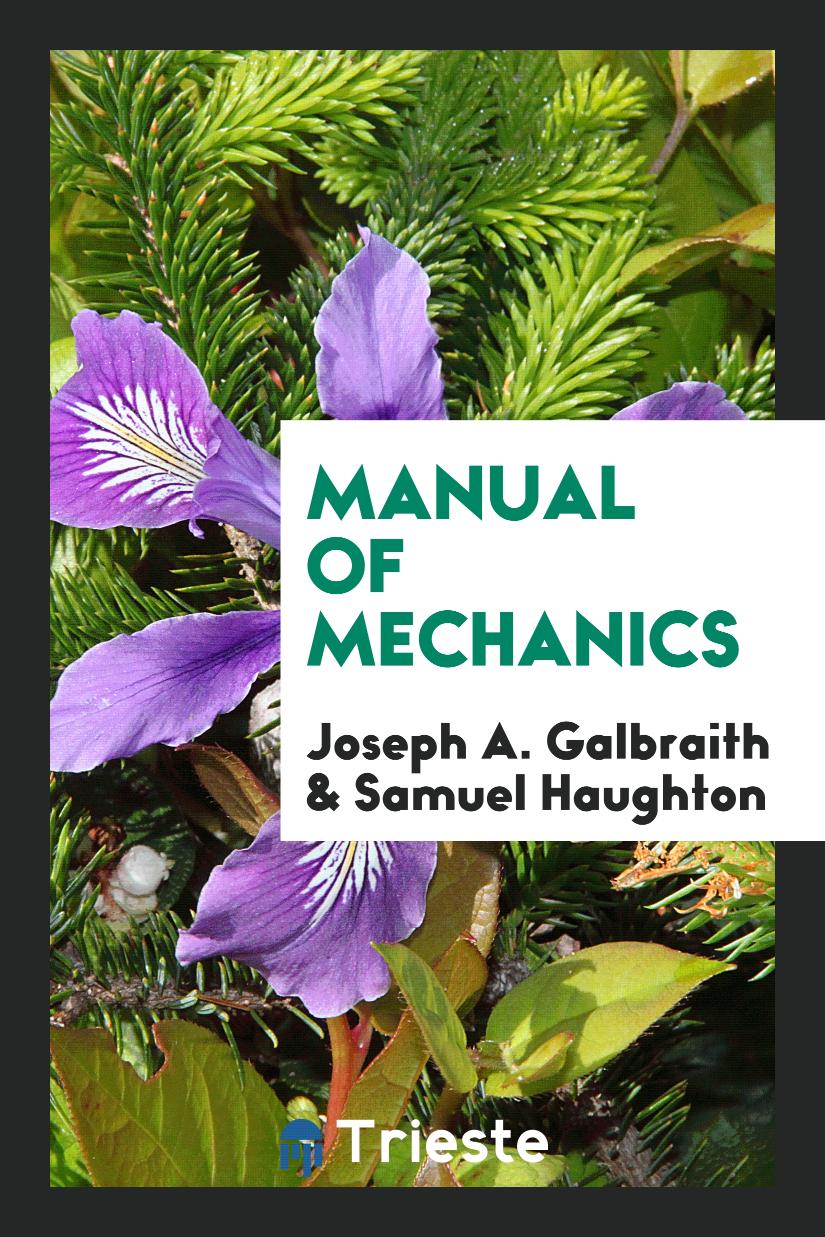
Samuel Haughton
Samuel Houghton (December 21, 1821 - October 31, 1897) was an Irish science writer. He was born in Carlow, the son of James Houghton (1795-1873). His father, the son of a Quaker, but a unitary himself, was an active philanthropist, a staunch supporter of the father of Theobald Matthew, a vegetarian, a worker and writer on the fight against slavery. Houghton made an outstanding career at Trinity College Dublin, and in 1844 he was elected a research fellow. Working on mathematical models under the direction of James McCullagh, he was awarded the Cunningham Medal by the Royal Irish Academy in 1848. In 1847, he received priesthood ordination, but he was not the one to preach. He was appointed professor of geology at Trinity College in 1851. He held this position for thirty years. Khoton began to study medicine in 1859. He received his MD in 1862 from the University of Dublin. Khoton became the registrar of medical school. He focused on improving the status of the school and represented the university on the General Medical Council from 1878 to 1896. In 1858, he was elected a member of the Royal Society. He received honorary degrees at Oxford, Cambridge and Edinburgh. At Dublin Trinity College, he filed the first ever academic council petition for university admission on March 10, 1880. He suggested: “According to the Council, the time has come when university degrees in the arts of the University should be open to women through examinations under the same conditions as men (Thomson, 2004). Khoton, through his work as a professor of geology and his participation in the Royal Zoological Society, has witnessed the enthusiasm and contribution of women to the natural sciences. Despite the fact that opponents in the Council prevented him, he continued to campaign for the admission of women to the TKD until his death in 1897. This was in 1902, when his move was finally accepted, 5 years after his death.



